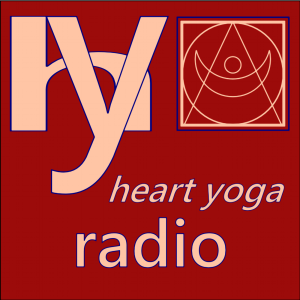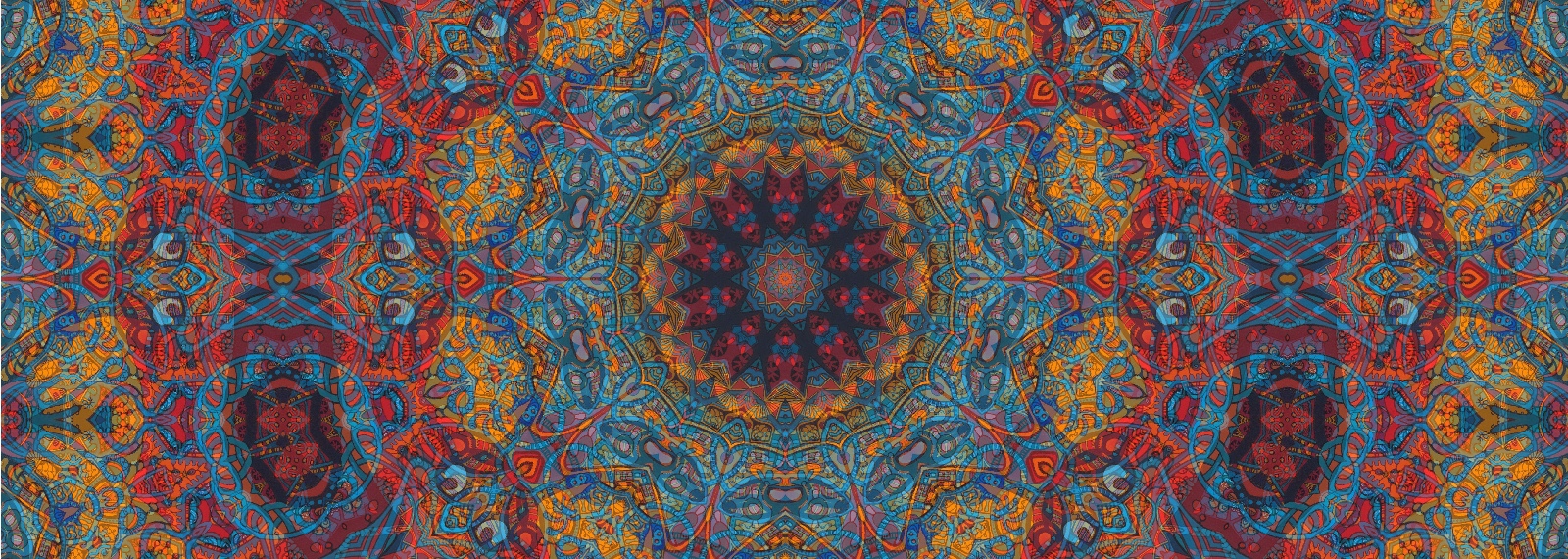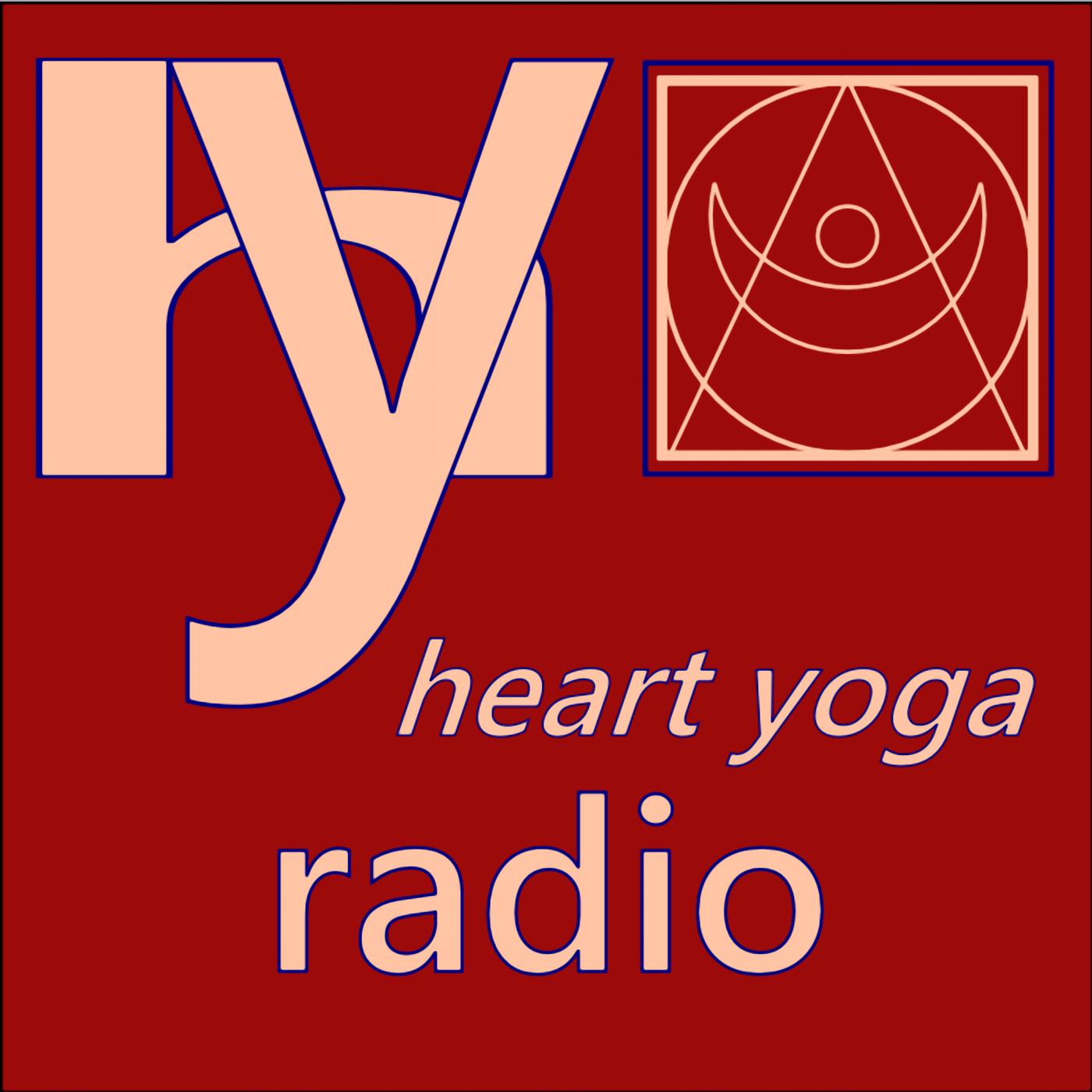Episodes
![SITTING [NO & YES 1]](https://pbcdn1.podbean.com/imglogo/image-logo/771447/hyradiologobig2_300x300.png)
Friday Nov 30, 2018
SITTING [NO & YES 1]
Friday Nov 30, 2018
Friday Nov 30, 2018
This podcast is the first in a series of commentaries on my own poems in Songs of No and Yes. These are primarily for yoga people, particularly those who would 'teach' others. The first one deals with sitting practice and the productive dialectical tension between self-study and the call of the world. It deals with the suffering of self and others and the temptations to let 'spirituality' settle into escapism. [Free. 32 minutes.]

Friday Mar 16, 2018
ON BREATH
Friday Mar 16, 2018
Friday Mar 16, 2018
In this podcast I give a brief outline of breath disciplines described by Patanjali and Svatmarama and discuss their practicality and significance. I draw attention to the common tendency to manipulate the mind-body complex and endow the resultant effects with significance derived from received models of the human being and metaphysical narratives. I ask, 'how do these fit in with the fact that this is it?' [Free. 26 minutes.]

Friday Oct 27, 2017
SELF-DECEPTION
Friday Oct 27, 2017
Friday Oct 27, 2017
In this podcast, I consider Wittgenstein's contention that "Nothing is more difficult that not deceiving oneself". I draw on resources from Heidegger, particularly the notion of "authenticity". I consider the role of projection in self-deception but temper that with Wittgenstein's and Heidegger's criticisms of Freudian psychoanalysis. I note that we can bullshit ourselves that we are not bullshitting ourselves and that this opens up an infinite regress. I suggest that Patanjali's practice of satya, truthful silence, may well cut through this problem, but that even if it doesn't, it is still a very great, emancipatory good. The discousre is clearer than I've made it sound! [Free. 29 minutes.]

Saturday Sep 16, 2017
LAO TZU: PART SIX
Saturday Sep 16, 2017
Saturday Sep 16, 2017
In this podcast, we consider Chapter Eleven of The Tao Te Ching. This chapter deals with the uses of emptyness, not only in the sphere of practical life but also for meditation. [Free. 17 minutes.]
![SPIRITUAL BUT NOT RELIGIOUS [?]](https://pbcdn1.podbean.com/imglogo/image-logo/771447/hyradiologobig2_300x300.png)
Sunday Sep 03, 2017
SPIRITUAL BUT NOT RELIGIOUS [?]
Sunday Sep 03, 2017
Sunday Sep 03, 2017
In this podcast, I reflect on the currently prominent self-description of "spiritual but not religious". Underpinning the possibility of such a notion, I argue, is a crucial difference between two ways of encountering our interiority. The first does so from a perspective that espouses this or that set of dogmas belonging to this or that institutional religion. The practices associated with this orientation are likely to entail moral cultivation and to proscibe certain lines of enquiry. The second does so from a perspective that takes it that everything whatsoever is up for questioning, including the dogmas of religion. I argue that Patanjali's Yoga belongs in the second category and is cosmopolitan in character, and that equations of Yoga with nationalism, such as that made by Baba Ramdev, are nonsensical. [Patrons only. 33 minutes.]

Friday Jun 23, 2017
YOGA AND THE FUTURE
Friday Jun 23, 2017
Friday Jun 23, 2017
In this podcast we discuss the future of Yoga both in a broad historical context and in the local UK context in which Yoga is being 'claimed' by the corporate fitness industry. The discussion naturally elides into a discussion of the potential roles that Yoga and Yoga practitioners should play in the unfolding of events as economic, cultural and ecological instabilities play out. We conclude that the fitness industry has to be strongly resisted by authentic yogis if Yoga is to be able to do its good work to maximum effect. An extended version of this talk was given at the IYN Yoga Festival on 2nd June 2017. [Free. 54 minutes.]

Friday Jun 16, 2017
ARE WE IN CONTROL?
Friday Jun 16, 2017
Friday Jun 16, 2017
In this podcast, we consider the question "Are we in control?" The discussion takes in the matters of determinism, language, fundamental ontology and meditative yoga practice. We conclude with a recommendation of letting be with bright awareness whilst playfully recognising the role of (what we experience as) will and control in the practicalities of life. [Free. 36 minutes.]

Monday May 29, 2017
TALK ON PATANJALI'S YOGA SUTRA AT CHORELY
Monday May 29, 2017
Monday May 29, 2017
A talk I gave at Chorley on the first few aphorisms of the Yoga Sutra. [Patrons only. 2 hours 11 minutes.]
![CONSCIOUSNESS [THOUGHT LABORATORY PREAMBLE]](https://pbcdn1.podbean.com/imglogo/image-logo/771447/hyradiologobig2_300x300.png)
Monday Apr 10, 2017
CONSCIOUSNESS [THOUGHT LABORATORY PREAMBLE]
Monday Apr 10, 2017
Monday Apr 10, 2017
This podcast is an entirely extempore survey of 'the hard problem of consciousness' which was undertaken as a preliminary to a proposed series on this matter. It is by no means exhaustive and rather rough but I offer it to patrons in the hope of wetting their appetite. [Patrons only. 46 minutes.]

Friday Nov 25, 2016
CHOOSING A YOGA TEACHER TRAINING
Friday Nov 25, 2016
Friday Nov 25, 2016
There's a lot in the air at the moment about what constitutes a proper training for a yoga teacher. Here's what we have to say about it. [Free. 25 minutes.]

